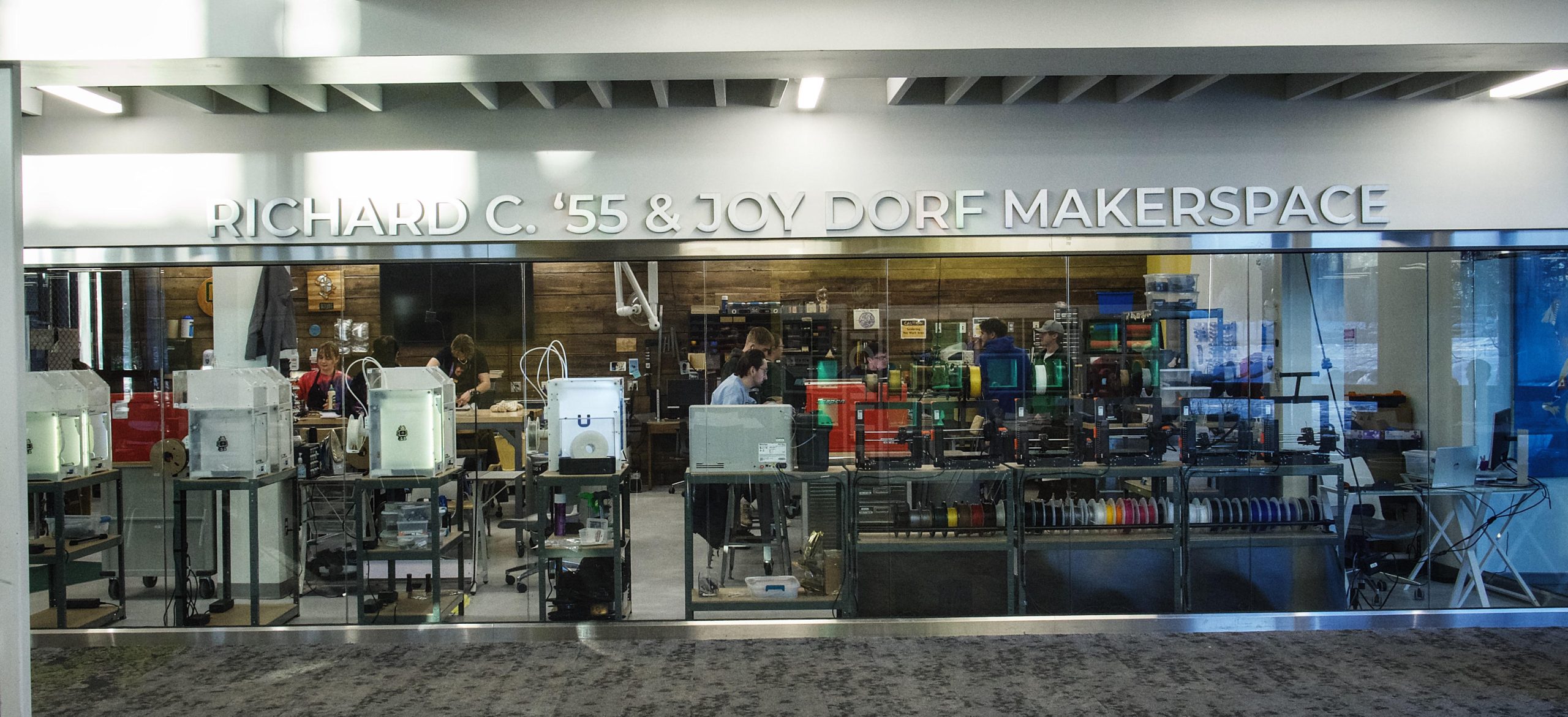CIO Weekly DEIB Resources 3 19 21 AAPI Report and Intervention re-release https://docs.google.com/document/d/1ThRyLo169OsVqZOZqIbNtb_xt0mehsEd6f-7fGOLE_o/edit?usp=sharing
In light of the recent killings in Atlanta and the rise in violence and harassment of Asian, Asian American and Pacific Islanders[AAPI] in the United States we wanted to re-release our bystander intervention resources from this summer and offer a new report on these issues.
It’s important to educate ourselves, practice self care where necessary, and support those who may be impacted. STOP AAPI HATE issued its STOP AAPI HATE NATIONAL REPORT covering the last year regarding AAPI Bias Incidents, Harassment, and Hate Crimes https://a1w.90d.myftpupload.com/wp-content/uploads/2021/03/210312-Stop-AAPI-Hate-National-Report-.pdf?fbclid=IwAR0MadO8_nkf3g07QqGt6YPnUIO_3EEQzvvmTWgRUaRyKhHaPlWcZujXsYM
Overview of the report: Comparison of 2020 and 2021
Stop AAPI Hate received reports of 3,292 incidents that occurred in 2020. This total is higher than our previously reported number of 2,808 because additional 2020 incidents were reported retroactively in 2021. Stop AAPI Hate received reports of 503 incidents that occured in 2021.
Types of Discrimination
- ● Verbal harassment (68.1%) and shunning (20.5%) (i.e., the deliberate avoidance of Asian Americans) make up the two largest proportions of the total incidents reported.
- ● Physical assault (11.1%) comprises the third largest category of the total incidents.
- ● Civil rights violations — e.g., workplace discrimination, refusal of service, and being barred from transportation — account for 8.5% of the total incidents.
- ● Online harassment makes up 6.8% of the total incidents.
National Trends
- ● Women report hate incidents 2.3 times more than men.
- ● Youths (0 to 17 years old) report 12.6% of incidents and seniors (60 years old
and older) report 6.2% of the total incidents. - ● Chinese are the largest ethnic group (42.2%) that report experiencing hate,
followed by Koreans (14.8%), Vietnamese (8.5%), and Filipinos (7.9%). - ● Incident reports come from all 50 states and the District of Columbia.
- ● Businesses are the primary site of discrimination (35.4%), followed by public
streets (25.3%), and public parks (9.8%). Online incidents account for 10.8% of the total incidents.
If you experience such incidents, you can report it. And if you need support there are resources here at Clarkson.
- Student Health and Counseling Center: 315/268-6633, 1300 Educational Resource Ctr
- 24-hour Counseling Service [Accessible through Campus Safety]: 316/268-6666
- Chief Inclusion Office:315-268-3785, diversity@clarkson.edu, 110 Student Union
- Dean of Students Office: 315/268-6620, 1003G Price Hall
- Human Resources: 315-268-6497
- University Ombudsperson[Staff] (888)-268-5044
- All available by Zoom as well
From 7 13 2020 – This week we offer the following resource on bystander intervention skills to address Anti-Asian Xenophobic Behaviors.
Attached Resources:
Bystander Intervention Training to Stop Anti-asian/American and Xenophobic Harassment
https://www.ihollaback.org/bystanderintervention/
The Chief Inclusion Office offers a weekly resources announcement to the Clarkson Community. The resources are meant to help people explore diversity, equity, inclusion, and belonging[DEIB] for themselves, in their communities, and in our institution. They may be resources that help you re-examine society and do some introspective reflection, explain core concepts like intersectionality or anti-racism, or practical guides for action, such as how to review a syllabus for equity-minded practice or address inappropriate behavior.
The resources are linked in the announcement and saved to a common google folder for all to reference, https://drive.google.com/drive/folders/1a0DXWcmwl4a5zM5lMsBZR_7uk8_OZhIY?usp=sharing. All prior resources can be found there.
If you would like to share thoughts on resources, please contact Diversity@Clarkson.edu. We will also be using some of these resources as the basis of workshops and professional development throughout the year.



